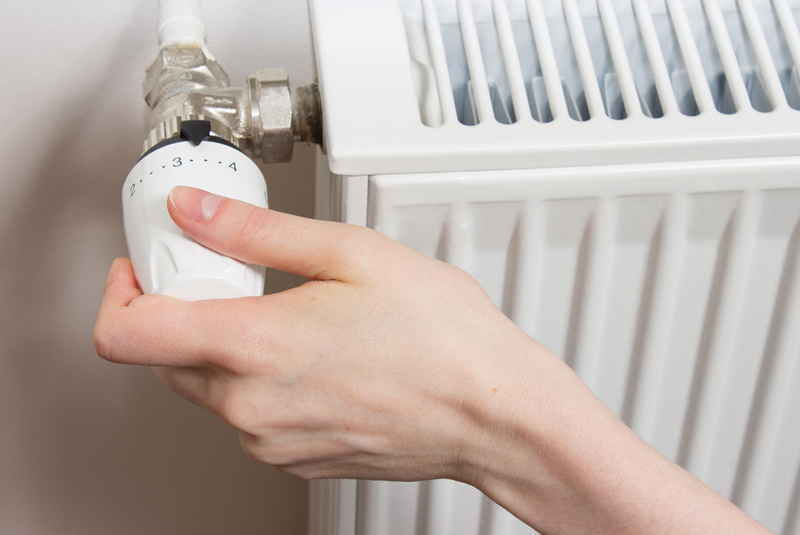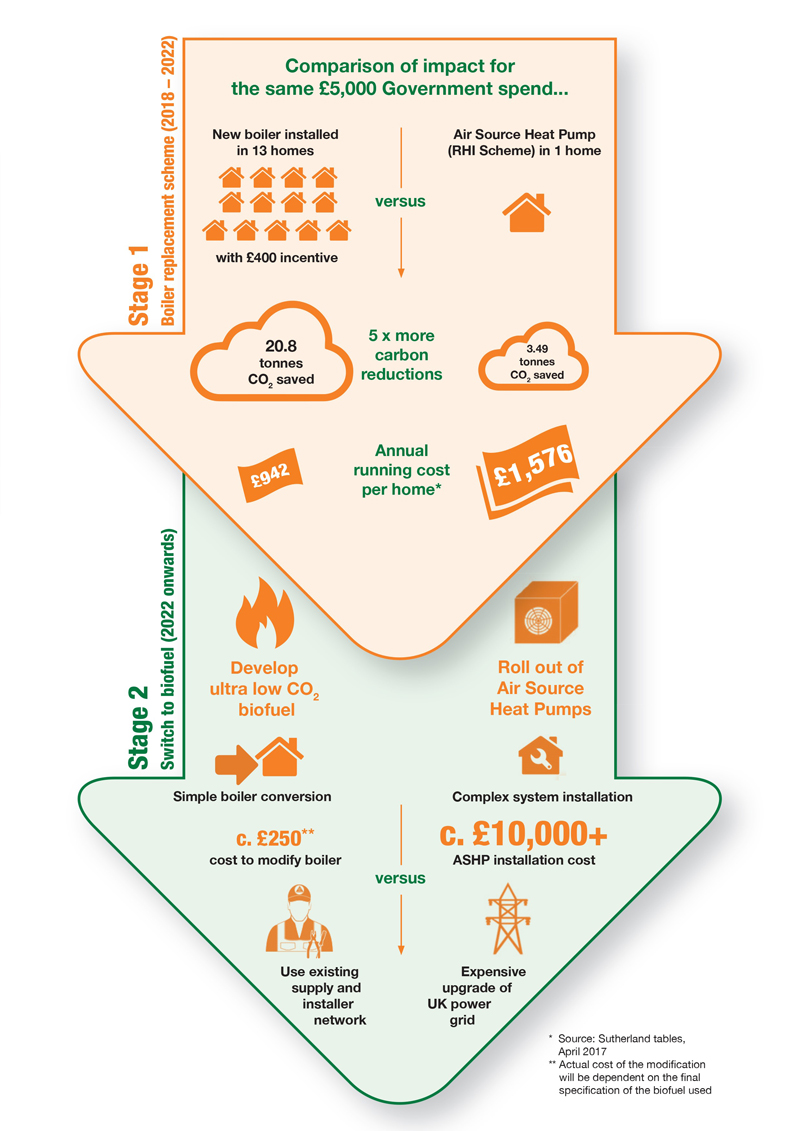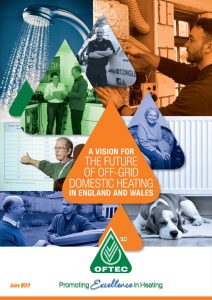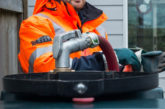
Following the launch to government of the OFTEC vision for the future of off-grid heating, the trade association is pressing ahead with its plans to investigate the viability of developing a low carbon liquid fuel as a direct replacement for kerosene by 2022.
In June this year, OFTEC formally presented its proposals for a compelling two-stage approach to improve energy efficiency and carbon reduction for off grid homes. This focused on introducing a nationwide boiler replacement programme in the short term (2018-2022) to incentivise upgrade of the estimated 400,000 standard efficiency oil boilers still in use across Great Britain, supported by mandated controls to further reduce energy use.
Meanwhile, OFTEC aims to bring to market a low carbon liquid fuel as a long term solution for the country’s 970,000 oil using homes. This approach is similar to biofuel schemes already proposed by the heating industry for both mains gas and LPG-using homes and builds on work already underway on the transport sector.
 The trade association is already talking to pioneering organisations across Europe about the feasibility of producing a low carbon liquid fuel for heating and has the backing of UK manufacturers for a small scale trial. OFTEC is also in dialogue with government officials with the hope of securing support for the proposal.
The trade association is already talking to pioneering organisations across Europe about the feasibility of producing a low carbon liquid fuel for heating and has the backing of UK manufacturers for a small scale trial. OFTEC is also in dialogue with government officials with the hope of securing support for the proposal.
OFTEC’s vision has been put together to address the four key requirements outlined by the Department of Business, Energy and Industrial Strategy (BEIS) which are: to keep energy bills low, cost effectively reduce carbon emissions, ensure a secure, resilient energy supply, and avoid unreasonable upfront costs for consumers in the process.
Chief Executive Paul Rose comments: “To date there has been a clear focus by government on promoting only a narrow range of renewable technologies, in particular heat pumps and biomass, as the route to carbon reduction for off grid homes.
“In an ideal world, renewable technologies such as heat pumps would of course make a big contribution to reducing the UK’s carbon footprint. But with the high upfront installation and running costs, particularly in comparison to the continued low price of oil, it’s no surprise that take up to date has been so low.
“According to the domestic RHI deployment data for June 2017, just 6,035 ground and air source heat pumps have been installed per year through the scheme since it launched in April 2014. At this rate, it would take more than 160 years to replace the 970,000 oil boilers in use across England and Wales alone.
“The significant investment required for mass roll out of heat pumps to increase renewable electricity generation, improve grid supply and capacity and upgrade the UK’s poorly insulated homes is also a major barrier.
“Unfortunately, time is not on our side. Government needs to take action now and offer realistic, practical and affordable solutions. We believe our proposal provides a compelling, workable answer to an urgent problem.”
The bigger picture
In some markets where there is a higher proportion of new builds and highly insulated properties, such as Sweden, Austria and Norway, heat pumps and other renewable technologies are a good option. Indeed, Norway’s recent announcement that it is to become the first country to ban the use of oil heating in both new and existing buildings from 2020 means citizens will have to switch to alternative technologies over the next three years.
However, such a move would have disastrous consequences in this country. Figures show the proportion of people living in ‘leaky’ homes in the UK (15.9%) is more than twice that of Norway (7.6%). The UK’s housing stock is amongst the least energy efficient in Europe and with a large proportion of the lowest EPC rated homes located in rural off-grid areas, substantial investment would be required to bring these properties up to the standard required for heat pumps to be a viable option. In times of austerity, it’s highly doubtful this would be forthcoming.
 Additionally, the number of households who can’t afford to adequately heat their homes in the UK is 6.2% compared to just 1.2% in Norway. This helps to explain why the rate of excess winter deaths in the UK is 87% higher than in Norway. With fuel poverty in the UK more prevalent in rural areas (14% vs 11%) and many more families struggling to pay their fuel bills, these households simply can’t afford to install and run costly renewable heating technologies.
Additionally, the number of households who can’t afford to adequately heat their homes in the UK is 6.2% compared to just 1.2% in Norway. This helps to explain why the rate of excess winter deaths in the UK is 87% higher than in Norway. With fuel poverty in the UK more prevalent in rural areas (14% vs 11%) and many more families struggling to pay their fuel bills, these households simply can’t afford to install and run costly renewable heating technologies.
Paul Rose concludes: “We must be realistic and work with the situation we actually have in the UK. In pursuit of impractical ideals, we risk missing out on an opportunity to rapidly and cost-effectively increase the efficiency of existing oil heating systems to reduce their carbon emissions now.
“Government must look at the bigger picture and focus on the end goal of carbon reduction. How this is achieved shouldn’t matter. We can’t afford to waste any more time concentrating on impractical strategies that just aren’t working.”











